Through the bustling streets of Tel Aviv, among the cacophony of aggressive drivers and different languages, there rests a small oasis from the chaos right in the heart of the city.
Located in Bialik Square in a third-floor walk-up, CityTree functions as an eco-home, commune, budding business, ecology school, almost-hostel, and a type of community center for environmental activists all around the world. The apartment works demonstratively, as a representation of what green and community living can look like in an urban location.
SEE ALSO: Israel’s Unique Successes in AgTech May Help Stem Looming World Food Crisis
Through a myriad of different workshops, events, and retreats, CityTree invites strangers and friends alike, welcoming anyone and everyone who knocks on its well-decorated doors.
This week on a Wednesday, CityTree founder Tami Zori taught this year’s first “Making Life in the House” class as part of a bi-weekly eco-educational series, presenting English speakers with different ways to live more sustainably in an urban environment. The class acts in tandem with one taught in Hebrew on Friday mornings, giving interested students the ability to learn about conservation in the language they feel most comfortable with.
For the first class, eleven students from across the world gathered in CityTree’s living room to learn about bokashi, a fermentation process the commune utilizes to compost over twenty of its neighbors’ food scraps for free. The class began with a guided meditation from Zori, who instructed students to focus on a white bowl brimming with fresh, brown soil, before shutting their eyes. After the class was grounded, Zori led the students through a sharing circle, taught them the science behind climate change, and then distributed bowls of dry plant matter to make the base of bokashi.
The class continued in this fashion for the next three hours as Zori coached the group through making several liters of the substance. At the end of the class, each student brought home his or her own air-tight bag of bokashi, except for those who currently live in CityTree and decided to share one.
There are currently eight residents in CityTree, five of whom work there full-time, and three who are staying in the apartment as guests for the next few weeks. (Full disclosure: The writer is a paying guest at CityTree).
But the number of residents can fluctuate, depending on who needs a bed for the night.
Living at the CityTree “looks different every day,” Kira Zimmerman, a 23-year-old American University graduate who has worked at the commune for seven months, tells NoCamels.
The people who work at CityTree maintain the commune, doing everything from cleaning the kitchen to organizing workshops to spending hours outside in the community garden. They also make sure the kitchen is constantly stocked with local, fresh vegan food that’s available to anyone residing there.
Working at CityTree also means giving up many modern conventions of typical, 21st-century life. Toilet handles at the residence, for example, have been replaced by buckets of water collected under the sink. People working there full time do not even use toilet paper, opting for reusable towels and a portable bidet. But there is a roll in each bathroom reserved for guests. And the lack of air conditioning means open windows and mosquito nets every night.
CityTree also does not allow industrialized food in the house, so unhealthy snacks and frozen grocery-store meals become a thing of the past for residents.
Furthermore, living at CityTree means no personal bedroom, as each room belongs to everyone equally. There are no bed frames in the house, but instead Japanese mattresses that function by day as small sofas for anyone to sit on, and at night are pulled out to become beds.
Zimmerman says the transition to living at CityTree “was the hardest thing ever.”
Sign up for our free weekly newsletter
Subscribe“I didn’t speak Hebrew, and I was living with people that were strangers to me, just trusting my feeling that this was the place I was meant to be. But, like, I shared a room with a boy when I first moved in, and living communally was difficult, because I had to find my own peace in sharing everything all the time,” she explains.
At the same time, Zimmerman claims living there is the “best thing that’s ever happened” in her life. She then elucidated, “I was a completely different person before living here. It gave me a home in a foreign country with people from the country who take the time to make me feel welcome and teach me the culture and language, while also giving me a community.”
Zimmerman says living at CityTree has given her more confidence, because she “has people supporting her constantly.”
Kibbutz in the city
CityTree is the culmination of Zori’s self-described 25-year-long transformative journey from a “capitalist” living in Israel and New York City, working on the cutting edge of the hi-tech world, to an “anarchist” who went on to found and run the commune full-time. She explains this evolution in an interview with NoCamels, detailing how her physical body began to deteriorate from living unhealthily, which led her to slowly becoming more conscious first of what she ate, then of where it came from, and eventually how it affected the planet.
“It started with a health crisis, and then ten years later I realized, ‘oh it’s not my own personal health, it’s the health of the planet.’ It’s not a personal story, it’s a global story, and I’m part of it, and I can be a part of the global extinction or a part of the global healing. Choose. And I want to be part of the global healing because it is much more fun to save the world than to destroy the world,” Zori tells NoCamels.
Zori spends most of her time managing CityTree, working on different activism projects, creating workshops to spread environmental awareness, crafting her art, planting fresh vegetables in the garden, and coming up with unique ecological projects. Earlier this week, she helped run the first Extinction Rebellion (XR) event in Israel, giving a succinct, eight-minute speech informing the audience of the current climate crisis. XR is a global socio-political movement focused on environmental protection and conservation.
Zori suggests people start with small changes in their lives to become more environmentally conscious. “Make compost and make time. Think about what you are putting your time into and anything that doesn’t do good, just stop it,” she instructs.
She also reveals the hardest part about living at the CityTree: money.
“It’s really frustrating to try to do the right thing and worry about if I will be able to do it for another month,” she tells NoCamels.
SEE ALSO: 5 Israeli Kibbutzim Embracing Sustainable Living To Curb Climate Change
CityTree relies on workshops, small produce sales, donations, and guests in order to pay for all the costs, but the commune does struggle to pay rent from month to month.
CityTree remains the only environmental commune in Tel Aviv, a model on how to live sustainably and self-sufficiently in an urban landscape.
For the writer’s photo essay on CityTree, see below.
Related posts

Rehabilitation Nation: Israeli Innovation On Road To Healing

Israeli High-Tech Sector 'Still Good' Despite Year Of War


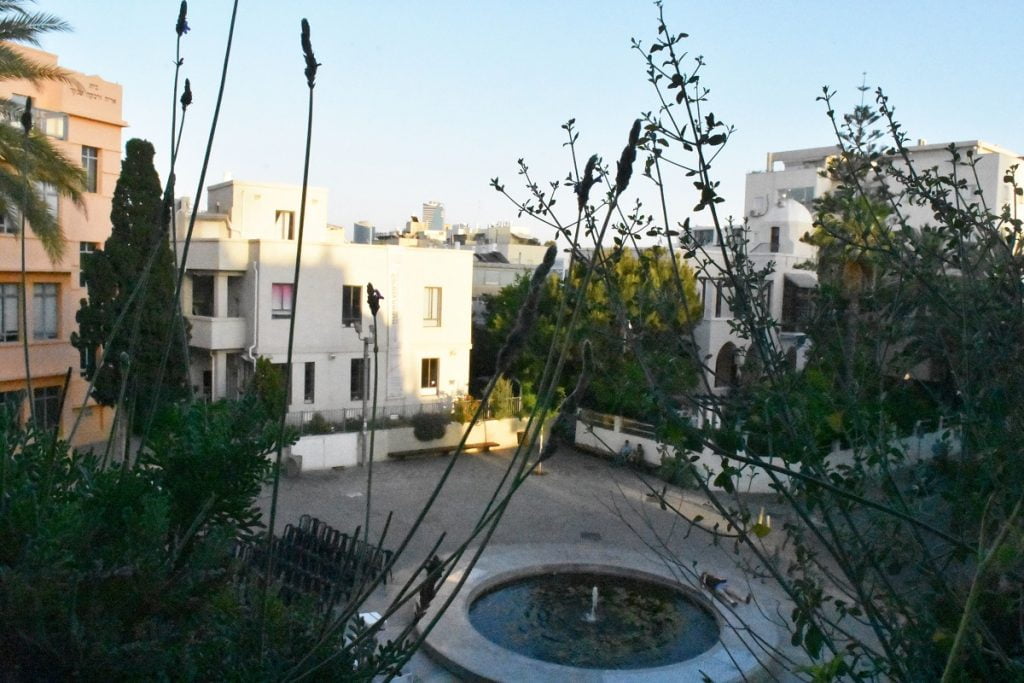
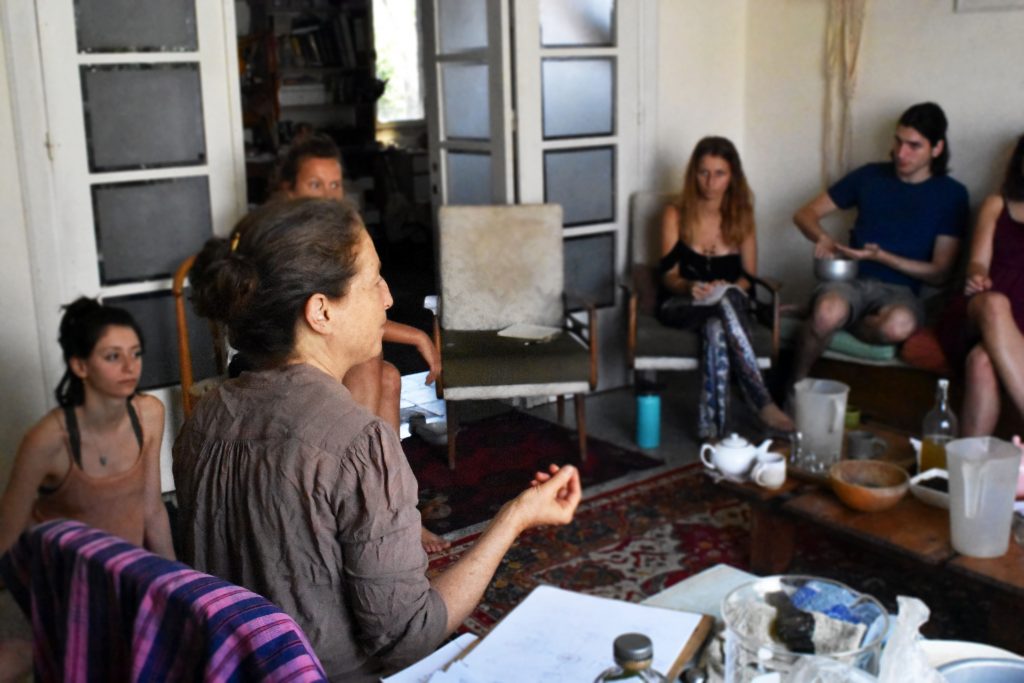
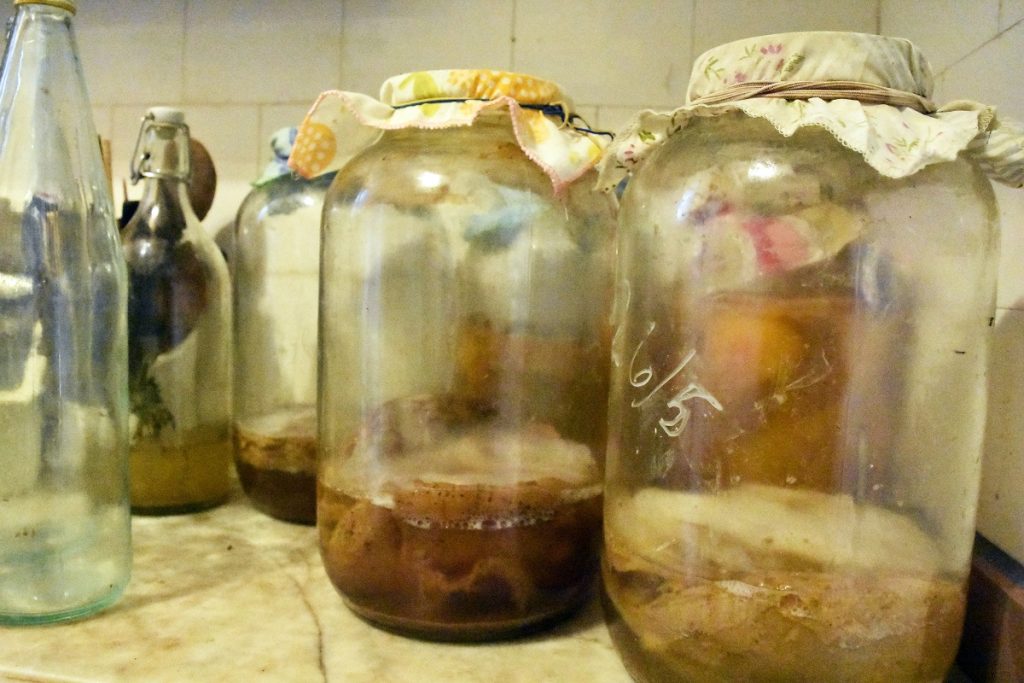
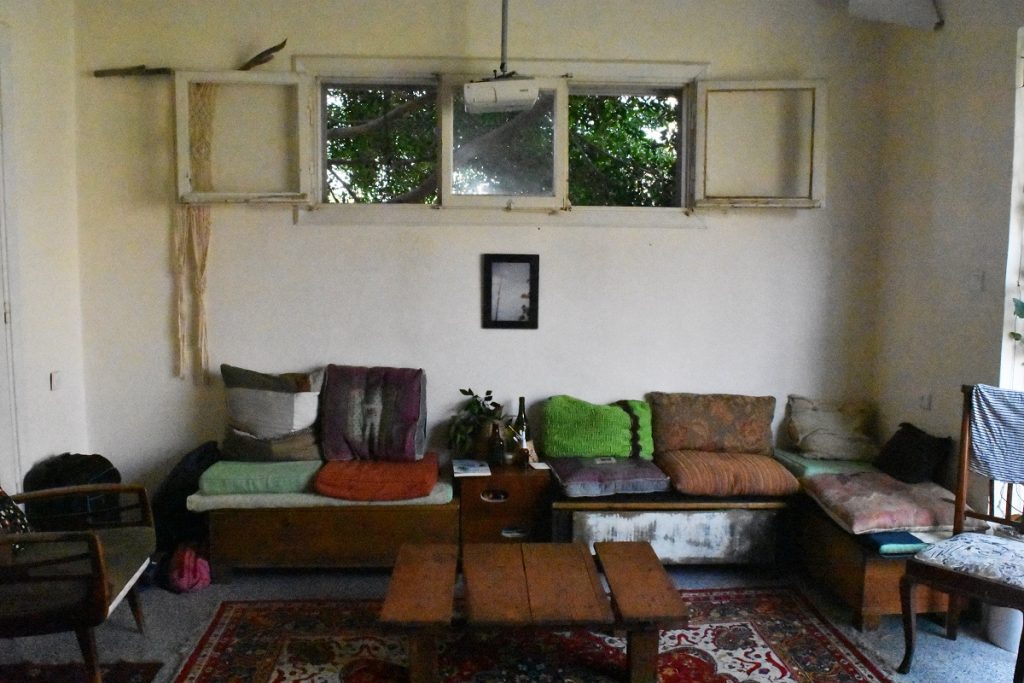
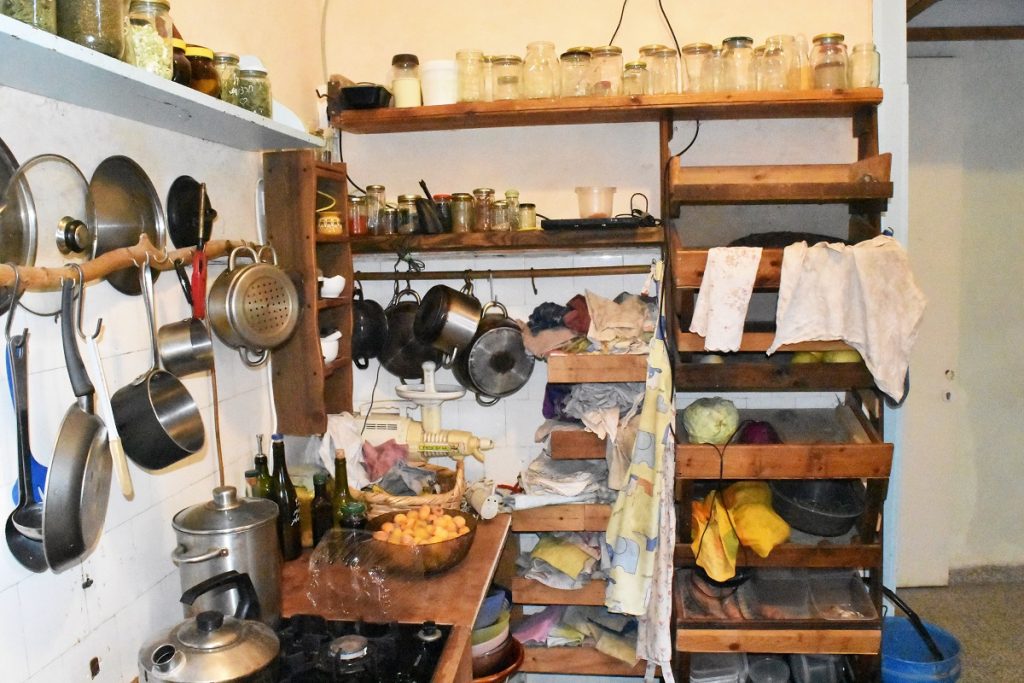
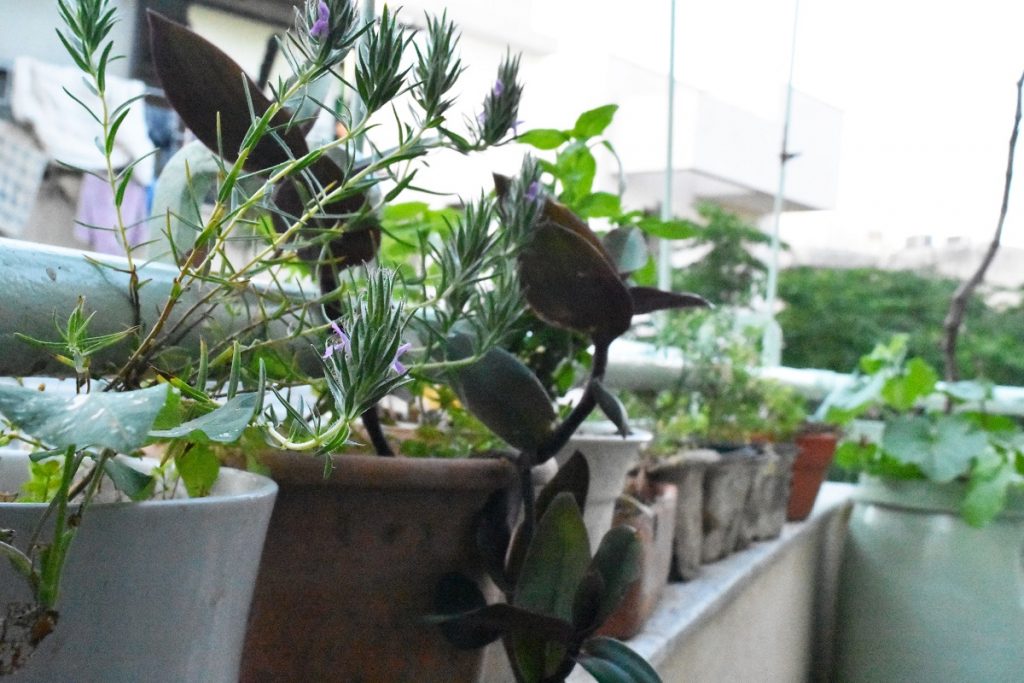



Facebook comments